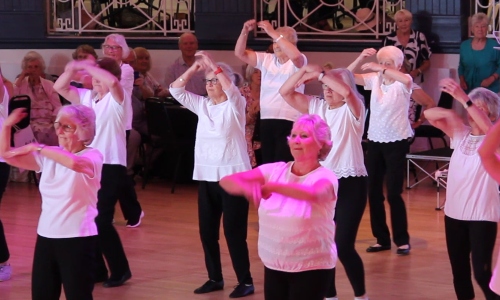
In everyday conversations, whether at home, in workplaces, classrooms, or other places, we often default to asking: “What’s wrong with you?” It is a question that may seem straightforward or even concerned, but it often carries an undercurrent of judgment. It presumes a flaw, a deficiency, a fault within the person. Consider replacing that question with: “What happened to you?” The shift may appear subtle, but its impact is profound.
Asking “What’s wrong with you?” often leads to labeling. A child struggling in school might be seen as “difficult.” An employee who misses deadlines might be seen as “lazy” or “unreliable.” But asking “What happened to you?” opens a door to their story, perhaps that child is coping with instability at home, or that employee is quietly navigating grief, illness, or burnout.
It is not about excusing behavior; it’s about understanding it. When we understand the “why” behind actions, we are better equipped to support, respond, and connect.
At Samvedna Care, we see this distinction every day in our work with individuals and families. Often, what appears on the surface as a symptom of mental illness is rooted in deeper, often unspoken, emotional experiences.
Decades of research now show that adverse childhood experiences, chronic stress, and trauma significantly shape the way our brains and bodies respond to the world. People living with mental illness may not always have the language to explain their distress, but their behaviour often is their communication.
So, when we ask “What happened to you?” We acknowledge that behavior is often a response to circumstances beyond someone’s control. It allows for compassion over condemnation, curiosity over criticism.
For individuals who have experienced trauma, being asked “What’s wrong with you?” can feel like being blamed for their pain. It can reinforce shame, isolation, and self-doubt. On the other hand, “What happened to you?” validates their experience. It communicates: I see you, and I believe your pain has a history worth understanding.
This shift is particularly important in therapeutic settings. Mental health professionals have increasingly adopted trauma-informed approaches that prioritize safety, trust, and empowerment. At Samvedna Care, for instance, therapists are trained to view each client not through the lens of diagnosis alone, but through the layered, often painful experiences that brought them to therapy in the first place.
Even outside clinical settings, this mindset shift can be transformative. Managers, teachers, caregivers, and peers can foster safer, more empathetic spaces by shifting from judgment to inquiry. Asking “What happened to you?” instead of “What’s wrong with you?” encourages openness, trust, and healing—even in small, everyday interactions.
Why It Matters Now More Than Ever
In a world where mental illness is increasingly recognized but still misunderstood, how we speak to and about others shapes our collective approach to wellbeing. Being trauma-informed is not just the responsibility of mental health professionals; it’s a human responsibility.
Let’s replace assumptions with empathy. Let’s look beyond the surface. Let’s ask the kind of questions that don’t shame, but uplift.
Because when we ask, “What happened to you?” We begin to see people not as their illness, but as individuals carrying untold stories, quietly hoping to be understood. If you’re looking for support or want to understand more about trauma-informed care, Samvedna Care is here to help. Our team is committed to providing compassionate, context-aware support for those living with mental illness and emotional challenges.



